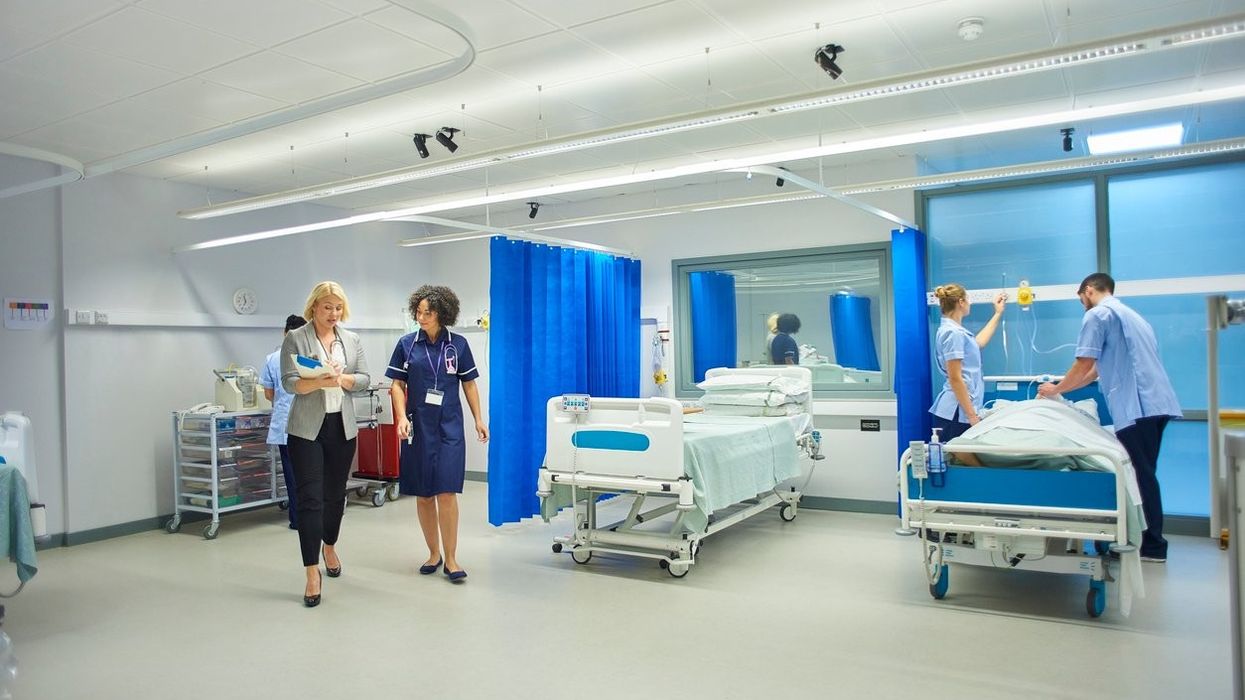SOME of the major London hospitals cancelled some operations on Tuesday after a cyber-attack on a key service supplier had a "major impact", particularly on blood transfusions, according to internal memos to NHS staff.
The attack on pathology partner Synnovis hit King's College Hospital and Guy's and St Thomas' (including the Royal Brompton and the Evelina London Children’s Hospital) and primary care services.
"I can confirm that our pathology partner Synnovis experienced a major IT incident earlier today, which is ongoing," Ian Abbs, CEO of Guy's and St Thomas NHS Foundation Trust, wrote in the memo.
"This is having a major impact on the delivery of our services, with blood transfusions being particularly affected.
"Some activity has already been cancelled or redirected to other providers," he added.
The Health Service Journal (HSJ) reported that the system was the victim of a ransomware attack, citing senior sources. The incident is thought to have occurred on Monday.
One of the sources said it could take "weeks, not days" to access pathology results.
This is expected to affect urgent and emergency care at the hospitals as they may not be able to access quick-turnaround blood test results.
Prof Sam Shah, NHS Consultant and Professor of Digital Health, told The Telegraph that cyberattacks in two of the UK’s most prominent hospitals will be extremely distressing for staff and patients.
There will be a delay in the generation of diagnostic test results and this can affect the scheduling of operations and treatment, he added.
Synnovis is a partnership between SYNLAB UK & Ireland, Guy’s and St Thomas’ NHS Foundation Trust, and King’s College Hospital NHS Foundation Trust and provides services to the NHS, SYNLAB, clinical users and other stakeholders.
The health service said it was working "urgently" with the country's main cyber security agency, the National Cyber Security Centre (NCSC), and its own cyber operations team to fully understand the impact of the incident.




